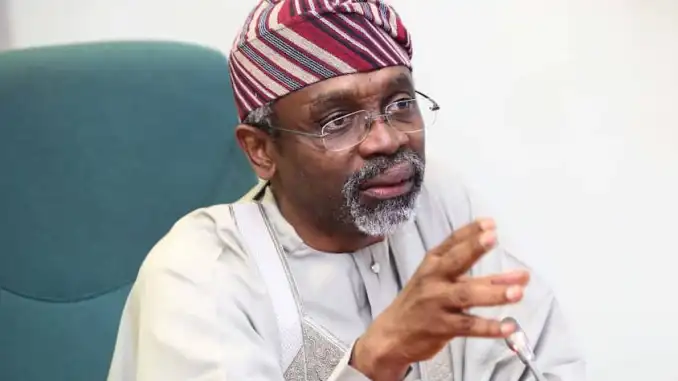So, I’ve been thinking about the government-ASUU standoff that resulted in the closure of Nigerian universities for more than six months. This is not a new phenomenon; anyone who has graduated from a Nigerian university has experienced the ‘ritualistic festivity’ known as the ASUU strike.
What exactly is the problem with Nigeria’s education sector, and why does ASUU enjoy keeping university students at home to engage in a protracted battle with the government? The reason is simple: our government’s double standards and lip service to the education sector are concerning.
Successive governments will rather score a cheap political goal by not allowing the universities to increase tuition fees and promise heaven and earth to the academic body only to push the responsibility to the next administration. Nigeria indeed lacks sincere people in government. People who will holistically identify the problem and hit straight at practicable solutions.
Interestingly, a few leaders who are passionate about the country’s education sector and are patriotic enough to lay the facts bare have suggested that children and wards of public office holders, from the president to National Assembly members, governors to even councillors at the local government level should all study in Nigeria.
Read also: Buhari hails SGF, Boss Mustapha, At 66
In supporting this idea, I wish to add that children of civil servants should also be included in that category since their parents run the public sector, they should stay back to enjoy it. This is the example Ondo State governor, Rotimi Akeredolu is laying in the Sunshine State.
Unfortunately, our leaders who only pretend to care about the public sector and the children of the masses who attend these public institutions will not all such arrangements to stand.
The House of Representatives had recently rejected a bill seeking to regulate how children of public officers enrol in schools outside the shores of Nigeria.
The legislation is titled ‘A Bill for an Act to Regulate International Studies for Wards and Children of Nigerian Public Officers, to Strengthen Indigenous Institutions, Provide Efficient Educational Services for National Development; and for Related Matters.’
That was the second time within four years that the lawmakers would reject the bill sponsored by a member of the House, Hon Sergius Ogun from Edo State.
While leading the debate on the bill at the second reading, Ogun noted that the proposal would strengthen indigenous educational institutions to meet global standards; boost the economy by reducing cash flight and foreign exchange; reduce brain drain and institute good welfare conditions for indigenous academics, experts and professionals based abroad to come back home and develop their country with their skills and expertise.
The lawmaker added that it would build a better society by developing formidable educational institutions; and facilitate the realisation of the fundamental objectives and policies of the state as enshrined in Chapter Two of the Constitution of the Federal Republic of Nigeria, 1999 (as amended) Cap C23, LFN, 2004.
“This bill is proposed against the background of fallen standards in our educational system and the need to bring the sector up to speed with global best standards. Unfortunately, as a result of the inability of the government to provide quality education in its public educational institutions, Nigerians have resorted to private schools and foreign schools for their education.
“The United Kingdom, United States of America, Ukraine, Ghana, Malaysia, Egypt, and South Africa, just to mention a few, have become choice destinations for Nigerians in search of quality education.”
Ogun is not alone in this call, a member of the 8th House of Representatives from Niger State, Hon Abubarkar Chika Adamu had described the incessant ASUU strike and the general decline in the public education sector as a moral burden on the Nigerian leaders. Chika who boasted about rejecting a 40 per cent scholarship for his daughter in a private university in Nigeria, insisted that those entrusted with making policies for the public good should not have their children abroad while children of the masses bear the brunt of bad policies.
The question is how many people in government have their wards in public universities? Does it mean they all don’t believe in the system they are managing? Why then do we blame ASUU?
Read also: Buhari’s former aide, Sharada declares interest in Kano governorship election
On this matter, I stand with ASUU, all evidence pointing to rot in our universities abound, no Nigerian university is among the 1st 50 in the world; our universities are not research-driven and have not solved any problems in the last decades. It is so bad that employers of labour now complain about unemployable graduates. A graduate that can’t create jobs and is unemployable has succeeded in wasting time and resources including government subsidy on his university education. We all know this, we should not pretend just to give ASUU a bad name.
My greatest amusement in all this is that a national student leader who couldn’t differentiate between quack and crack is condemning ASUU, what a low! The government should rather concentrate on sanitising the national students body and return the leadership of NANs to the campuses for genuine students’ to lead rather than tinker with the idea of breaking the ranks of ASUU. ASUU is not the problem, government is.


